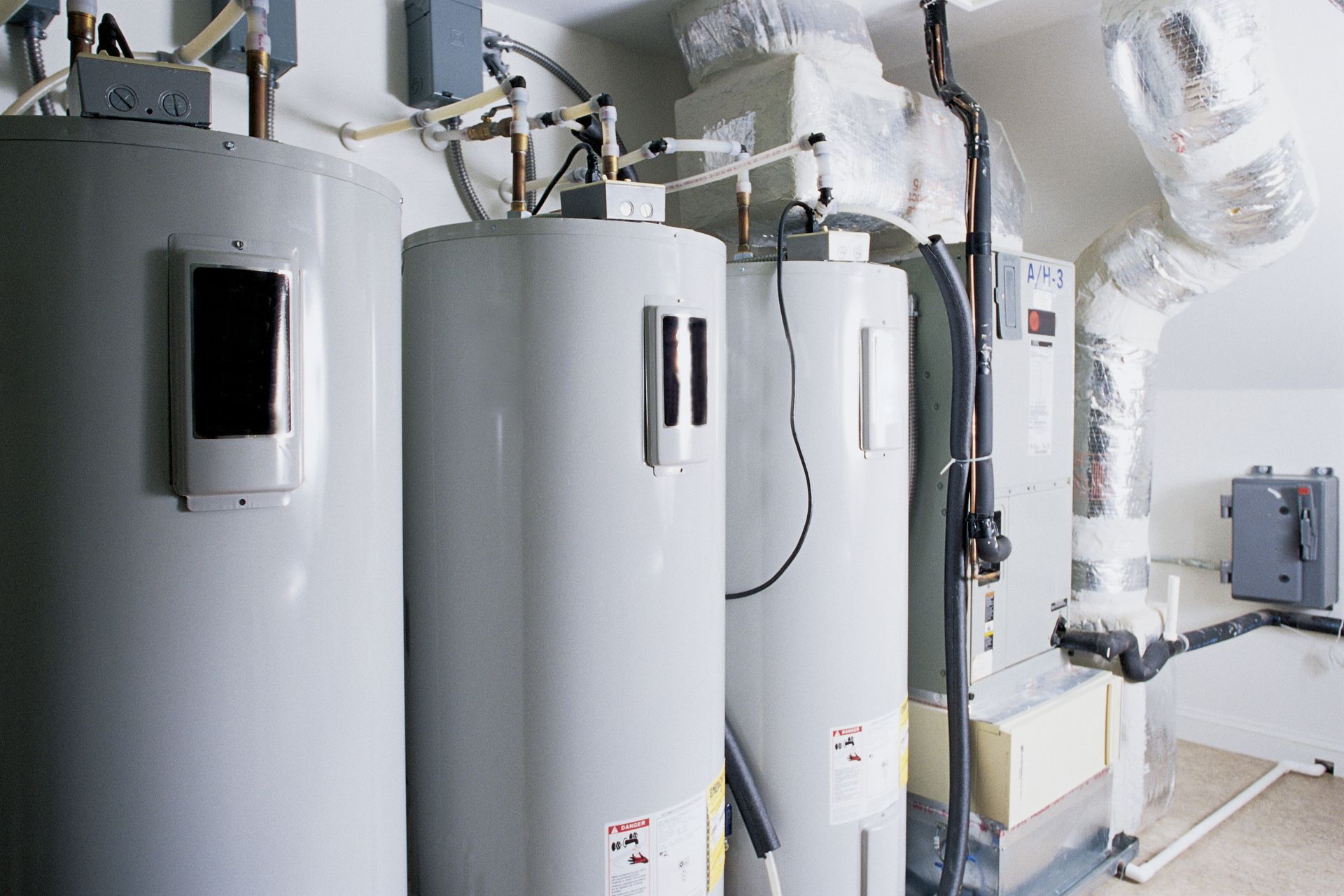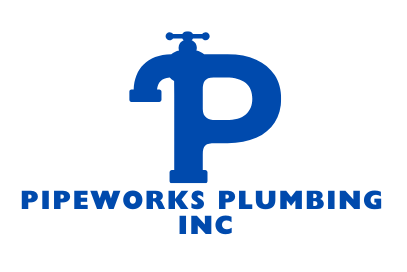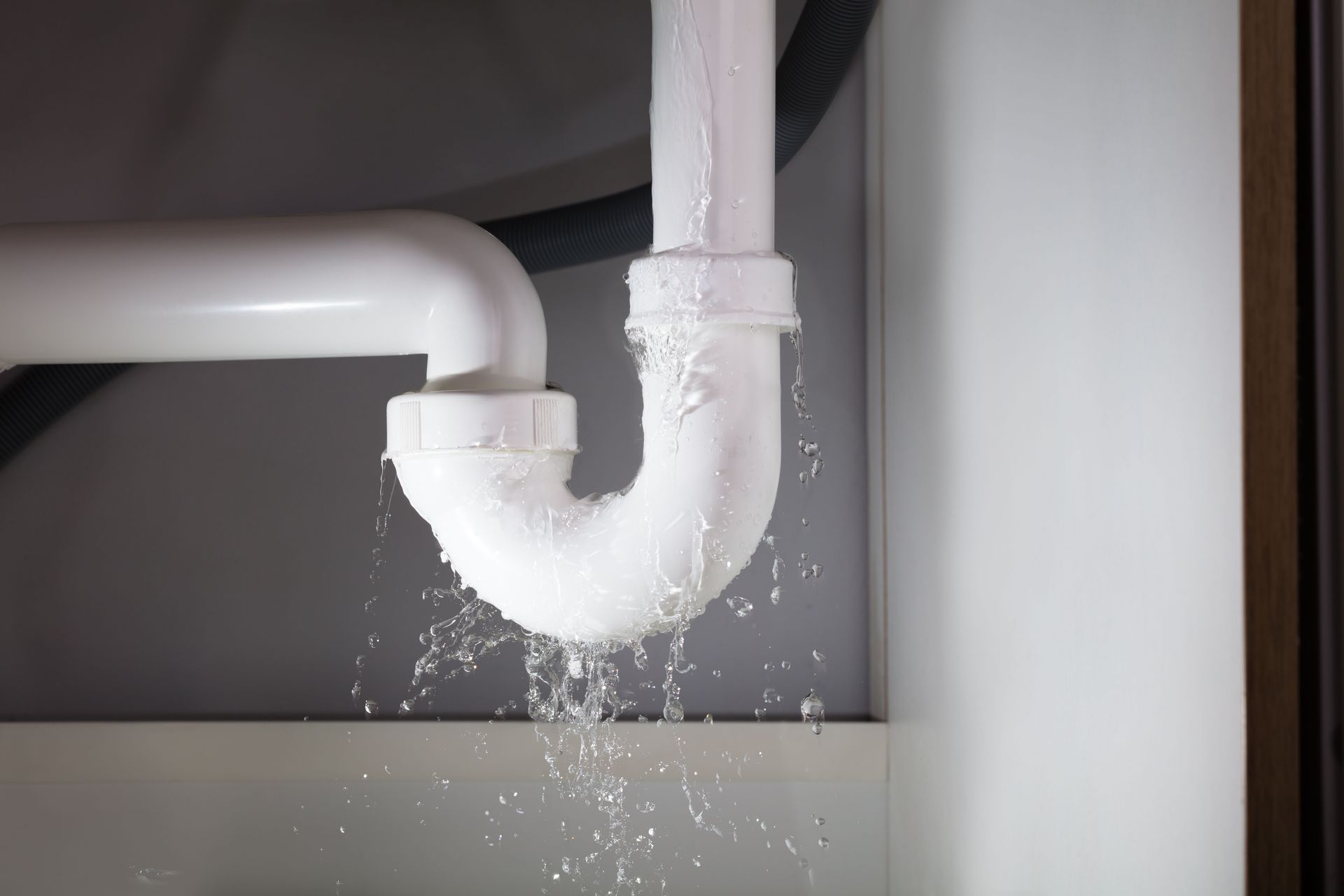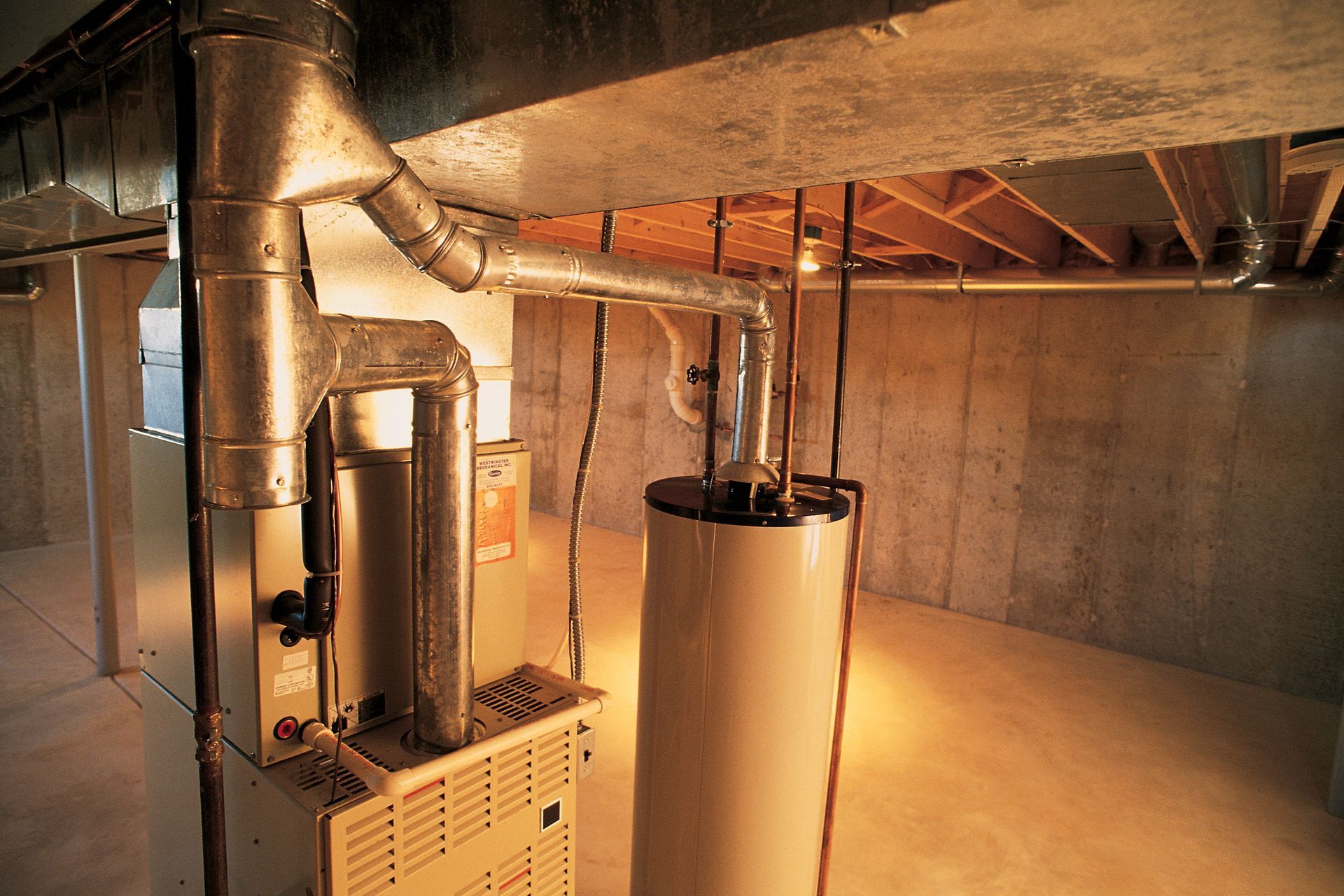August 12, 2025
When it comes to choosing the right water heater for your home, there are two popular options to consider: traditional tank water heaters and modern tankless water heaters. Both systems have unique advantages and drawbacks, making the decision far from straightforward. Understanding the differences between these two types of water heaters can help you make an informed choice that fits your household’s needs, budget, and lifestyle.
Definition of Tank and Tankless Water Heaters
A traditional tank water heater stores hot water in an insulated tank, keeping it ready for use at any time. When you use hot water, cold water enters the tank to be heated and stored again, providing a continuous supply. However, this method can lead to energy consumption even when hot water isn’t actively being used. Because of this, tank systems may result in higher utility bills due to the constant heating cycle.
A tankless water heater heats water directly as it flows through the unit, eliminating the need for a storage tank. This on-demand heating means water is warmed only when needed, which can help reduce energy usage and free up space in your home. Many homeowners appreciate the compact design and energy-saving benefits that tankless models offer.
Comparison of Lifespans of Water Heaters
When investing in a water heating system, lifespan is a critical factor. According to The Spruce, traditional tank water heaters generally last between 8 to 12 years. This range can vary based on the model, usage, and maintenance habits, but eventually, the tank may begin to corrode or develop leaks that require replacement. Proper maintenance can help extend the life of a tank water heater, but replacement is ultimately inevitable.
Tankless water heaters tend to have a significantly longer lifespan. According to the same source, these models can last up to 20 years, nearly doubling the durability of their tank-based counterparts. This extended lifespan often justifies the higher initial price for many homeowners, as it means fewer replacements and less hassle over time. Additionally, longer-lasting equipment can contribute to overall savings in both time and money.
Analysis of Energy Efficiency
Many homeowners prioritize energy efficiency when selecting a water heater. Traditional tank water heaters constantly maintain the temperature of the water stored inside the tank, which can result in energy losses due to heat escaping through the tank walls, a phenomenon known as standby heat loss. This ongoing energy use means that even when no hot water is being used, the system is still consuming electricity or gas.
Tankless water heaters, however, heat water only when it is needed, eliminating standby heat loss and generally using less energy overall. This on-demand heating approach can lead to noticeable savings on energy bills over time. For those looking to reduce both costs and their environmental impact, tankless water heaters often represent a more efficient choice.
Evaluation of Installation and Maintenance Costs
The initial cost of installing a water heater can vary widely depending on the type and complexity of the system. Traditional tank water heaters usually have a lower upfront cost and are often easier to install because of their simpler technology. This makes them a practical and budget-friendly choice for many homeowners.
Tankless water heaters typically require a higher initial investment and more complex installation. In some cases, upgrading existing plumbing or electrical systems may be necessary to support the on-demand heating process. These factors can contribute to the overall installation cost, which is an important consideration when choosing a system.
Maintenance needs also differ between the two types. Tank water heaters generally need regular flushing to remove sediment buildup and occasional parts replacement to prevent corrosion. Tankless water heaters require less frequent maintenance but may need descaling from time to time, especially in areas with hard water. Over the lifespan of the unit, maintenance costs for both types tend to balance out.
Assessment of Performance and Water Supply
Performance is crucial when evaluating water heaters, especially for households with multiple users or high hot water demand. Traditional tank water heaters supply hot water from the stored tank, meaning the amount of hot water available is limited to the tank’s capacity. Once the hot water runs out, users must wait for the tank to refill and reheat before more hot water is available, which can be inconvenient during peak usage.
Tankless water heaters provide continuous hot water as long as demand doesn't exceed the unit’s flow rate capacity. This makes them ideal for homes where multiple bathrooms or appliances may be used simultaneously. However, if the demand is very high, multiple units may be required to meet the household’s needs, which could increase overall costs.
Examination of Space Requirements
Space can be a significant consideration, especially for homes with limited utility rooms or storage areas. Traditional tank water heaters are bulky and require a dedicated space for installation. They can take up significant floor space, which may reduce the available area for other uses. Homeowners with smaller homes or limited storage often find the size of tank units to be a drawback.
Tankless water heaters are compact and wall-mounted, freeing up floor space and allowing installation in tight or unconventional spots. This makes tankless models a popular choice for smaller homes, apartments, or renovations where maximizing space is important. Their small footprint also provides greater flexibility in placement, making them easier to incorporate into various home layouts.
Review of Environmental Impact
From an environmental standpoint, tankless water heaters generally have the edge due to their higher energy efficiency and lower greenhouse gas emissions over time. Reduced energy consumption means less reliance on fossil fuels, which helps lower a household’s carbon footprint. Some local governments and utilities also offer incentives or rebates for upgrading to energy-efficient tankless water heaters, further reducing the environmental and financial cost of installation.
Traditional tank water heaters, while less efficient, remain common and can still operate efficiently if properly maintained. Homeowners concerned about environmental impact should consider these factors when selecting their water heater.
Consideration of User Preferences and Lifestyle
Ultimately, choosing between a tank and a tankless water heater comes down to personal preferences and lifestyle factors. Larger families or households with high hot water demand may prefer the simplicity and reliability of a tank water heater. Those who prioritize energy savings, space efficiency, and longevity might find tankless water heaters more appealing.
Budget constraints also play a significant role; while tankless water heaters offer long-term savings, the initial investment can be steep. Conversely, traditional tank models provide a more affordable upfront option but may cost more in energy and replacement expenses over time.
Both tank and tankless water heaters offer distinct advantages depending on your household’s size, energy goals, space availability, and budget. Choosing the right water heater requires weighing these factors carefully to find the best fit for your needs. Taking the time to assess your daily hot water usage and future plans can help ensure you make a choice that delivers comfort and value for years to come.
Ready to upgrade your home's water heating system? Contact Pipeworks Plumbing Inc today to find the perfect water heater solution tailored to your needs. Our experts are here to help you choose and install the ideal system for your home. Don’t wait, experience the comfort and efficiency you deserve.



